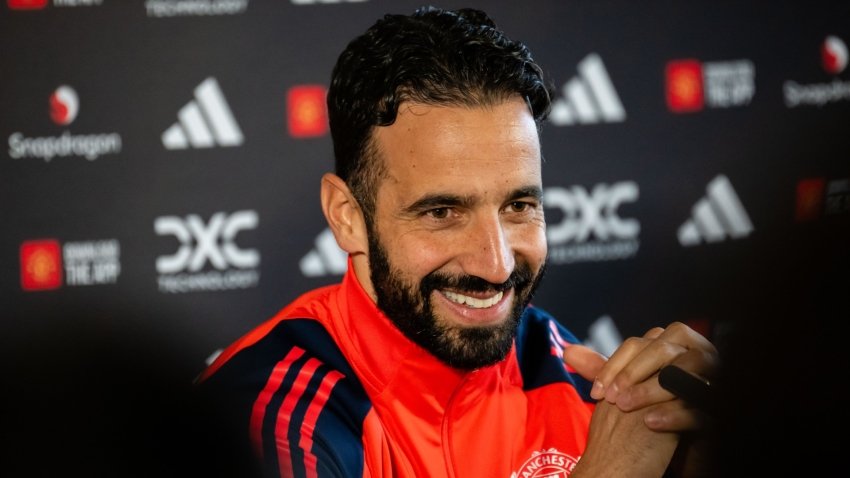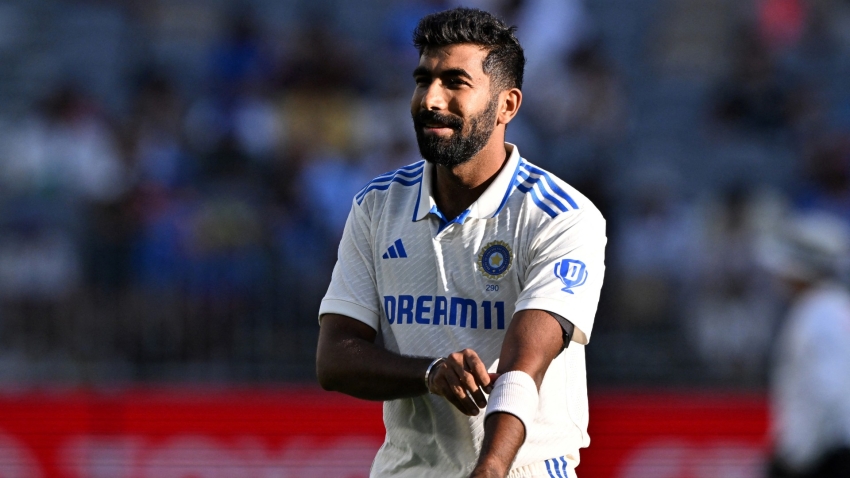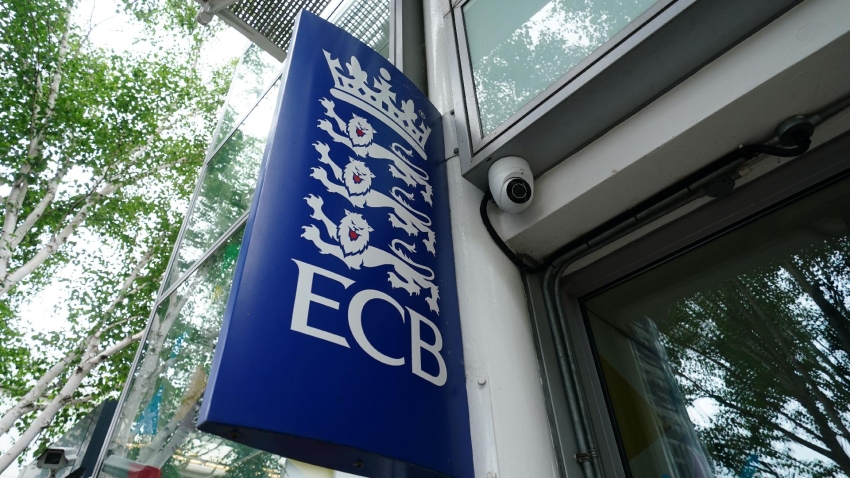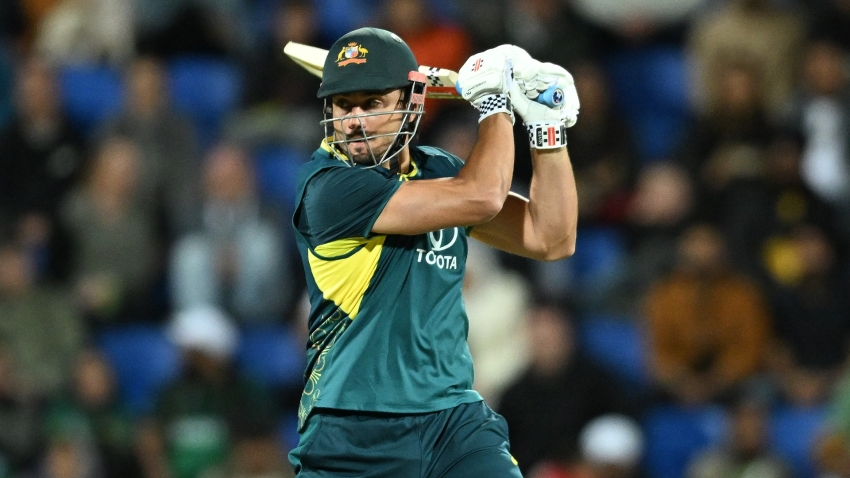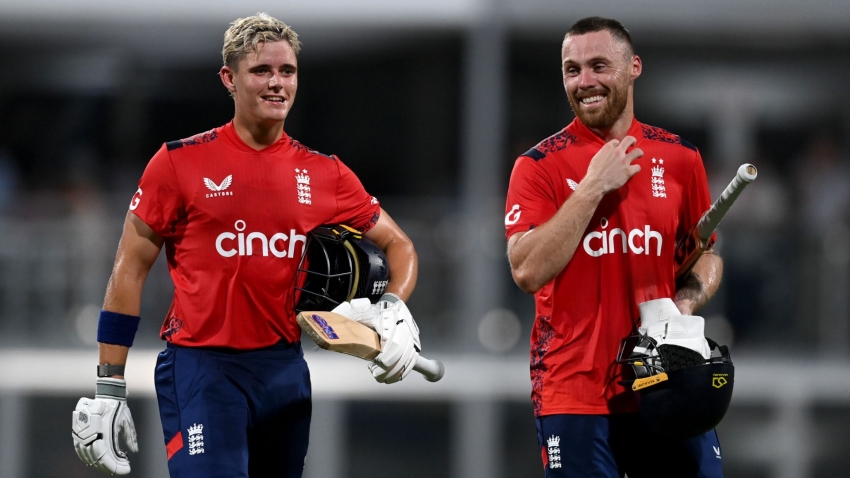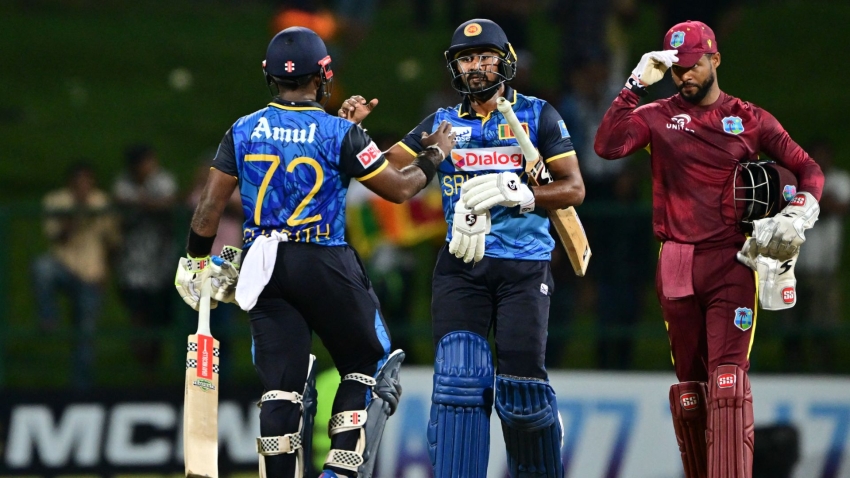Making cricket the most inclusive sport in the country and breaking down barriers to access will continue to present tough challenges for the England and Wales Cricket Board, according to chief executive Richard Gould.
The ECB’s Impact of Cricket Report, published on Tuesday, was produced alongside the The Sports Consultancy (TSC), who assessed the governing body’s projects, programmes and data from recent years as well as the impacts they deliver.
As well as demonstrating how cricket keeps people fit and healthy alongside supporting their mental wellbeing, being involved in the sport was shown to build children’s confidence and have positive impacts on both communities and social cohesion.
The report, which focuses primarily on the 2022 and 2023 seasons, showed 80 per cent of respondents agreed playing cricket keeps them active in a way they would not be if they did not get involved.
Other statistics showed 83 per cent of parents said their child’s confidence had been boosted by taking part in the ECB’s ‘All Stars and Dynamos’ programmes.
When looking at social cohesion, the report found 92 per cent said playing cricket makes them feel part of the community, while 83 per cent agreed playing the sport meant they appreciate people from different backgrounds.
The ECB hopes by growing the game, more people will benefit from the positive impacts and more opportunities will be created for people to get involved in the sport.
Data from the report showed just over one million children played cricket through ECB programmes, partner programmes or organised play last year.
During 2023, 717 new women’s and girls’ teams were established, which is a 20 per cent growth, while 526 recreational clubs have been funded to make their facilities more accessible and welcoming, with a focus on breaking down barriers to people getting involved in the sport.
Access to cricket in urban areas is also improving, with funds targeted into the most deprived regions, which have helped more than 30,000 players engaged through hubs which bring together cricket and other local services.
ECB chief executive Gould accepts breaking down socio-economic barriers to playing the sport remains “one of our big challenges”.
Gould said: “Compared to football, which is arguably the biggest competitor, our challenges are more so. Without the assistance of Chance to Shine and the Lord’s Taverners, cricket is not played in schools.
“We have seen the slow demise of that over decades and therefore we are reliant as a sport on our clubs and also our partners to try and get access into schools.
“Football has the benefit of an entire network across all schools that we don’t have, so that is something we have to be cognisant of and make sure that we can get that type of investment in.”
The ECB has recognised the importance of adapting the sport to urban environments, ensuring access for as many people as possible, which saw the Core City Hubs programme established in 2018.
Through the Chance to Shine Street programme, almost 9,000 children and young people are playing free, weekly, year-round cricket, with 81 per cent of participants being from an ethnically diverse community.
Gould feels the landscape of the sport, which has seen a rise in indoor cricket, is changing for the better.
“The definition of a club needs challenging and we are going to challenge that now,” he said.
“You don’t have to have a piece of grass and a pavilion, you can just have a collection of friends that meet in one of these sports halls once a week and you play cricket.
“It is a very different landscape and I think it is a very exciting landscape because it just makes it much easier to play cricket.”











